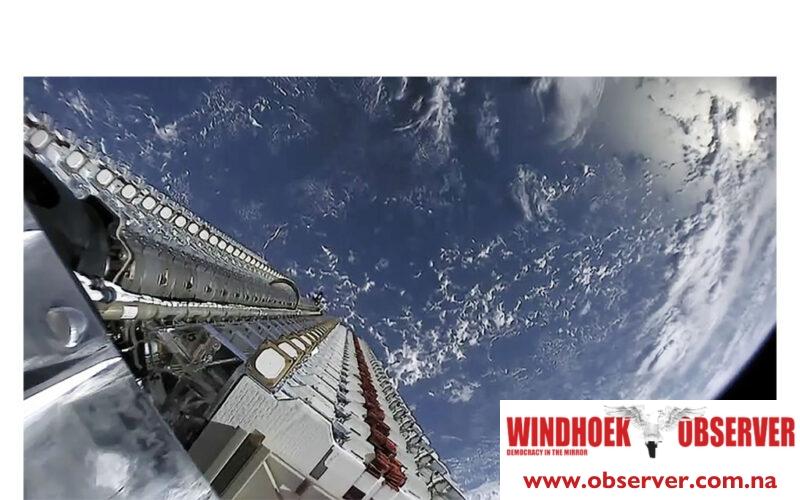Chamwe Kaira
Starlink’s application to operate in Namibia remains unresolved, as the process is tied up in local ownership requirements.
Communications Regulatory Authority of Namibia (Cran) chief executive officer, Emilia Nghikembua, said the regulator cannot finalise the company’s telecommunications service licence until the minister of information and communication technology decides on an ownership exemption request.
“Starlink submitted an application for a telecommunications service licence in June 2024. One of the criteria is that an applicant must be 51% Namibian owned and controlled,” Nghikembua said.
In November 2024, Cran issued a cease-and-desist order to Elon Musk’s satellite internet provider, Starlink, for operating in the country without a licence.
Starlink, the satellite unit of SpaceX, had operated in several African countries but faced regulatory challenges and resistance from state telecom monopolies.
“The Communications Act (No. 8 of 2009) further provides that if an applicant does not meet this criterion, they must apply for exemption from the Minister of ICT. Since Starlink is 100% foreign owned and controlled, Starlink applied for exemption to the Minister of ICT. To this end, the authority cannot finalise the licence consideration until the Minister of ICT pronounces herself on the ownership exemption application.”
She explained that while Cran handles the licence process, the exemption decision rests with the minister.
“However, the licence application can only be finalised once the ownership exemption application has been duly considered. In this instance, the application may take longer considering that CRAN must first wait for the ownership exemption application to be finalised by the Minister of ICT,” she said.
Earlier this year, the Economic Policy Research Association said Starlink’s entry into Namibia’s market would boost competition, improve service quality, and lower costs for consumers.
Namibia has already climbed global rankings on data affordability, moving from 46th place in early 2022 to ninth place in early 2024 for the cost of one gigabyte of data.
Starlink, created by Elon Musk’s company SpaceX, delivers high-speed satellite internet to underserved and remote regions worldwide.
The service relies on a constellation of thousands of low-earth orbit satellites. It has more than 7 800 active satellites and approval for up to 42 000. Starlink is already live in over 20 African countries, including some of Namibia’s neighbours.




